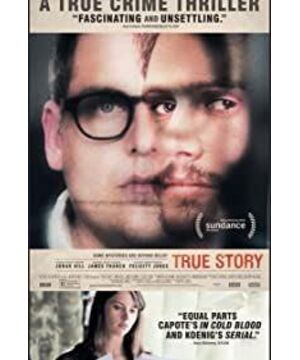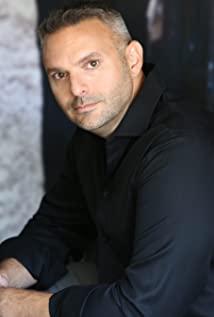From this perspective, this film is like an educational film for news media workers. It is teaching us: if you don't value the facts, you will be expelled from the unit and there is nowhere to ask. Even if you occasionally find someone who is willing to give you a second chance, the other party will still take more precautions against you, lest you be involved. This is just outside pressure. In addition, the director believes that as long as you are tainted with the "false" thing, even if you are not agreeing with him, but are just describing him, you will still lose something inherent in the process. At the end of the film Mike Finkel was asked: "Longo lost his freedom, what did you lose?" This question is actually asked to every audience. The director did not ask the protagonist to give an answer because he deliberately asked everyone to face this question. For this film, the educational nature has already squeezed the fun. The whole film wants to speak to the audience too much, and it is inevitable that some unprepared audiences will be crowded out of the play.
In fact, the only thing to be discussed in the film is "real", and the only suspense is whether Longo is lying. The film says that the reporter Finkel and the prisoner Longo are both liars, but the former lied for profit, and the heart is still upward; the latter is a complete liar, not ashamed but proud. The fun part is that at first they both thought that each other was the same as themselves, but Longo soon discovered that Finkel was naive, and Finkel didn't recognize Longo until the end. Therefore, due to the difference in the inner nature of the two, they have developed completely different life states. One no longer writes for the New York Times and lives in seclusion; the other posts articles and enjoys being watched.
Lan Lan's role in this movie is very symbolic, representing pure lies and disguise. But perhaps this kind of role is always more playful, invisibly stealing Hill's play, the film loses weight, and the duet becomes a one-man show. The last thing that suffers is the general viewing effect.
View more about True Story reviews











